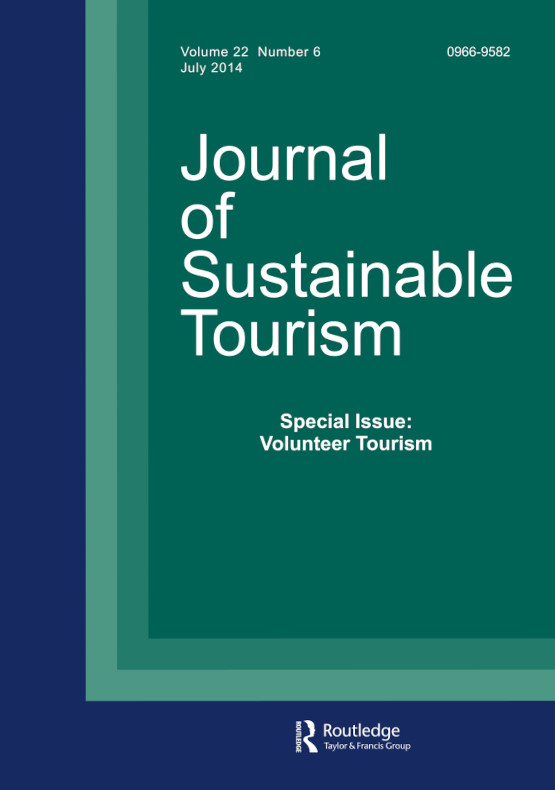How can restaurants entice patrons to order environmentally sustainable dishes? Testing new approaches based on hedonic psychology and affective forecasting theory
IF 7.8
2区 管理学
Q2 GREEN & SUSTAINABLE SCIENCE & TECHNOLOGY
引用次数: 0
Abstract
Encouraging restaurant guests to order vegetarian dishes plays a key role in creating a more environmentally sustainable tourism sector. However, for many consumers eating a meat dish is an important aspect of their enjoyment-focused restaurant experience. Identifying new approaches that support restaurants in selling more vegetarian dishes are urgently needed. Drawing from hedonic psychology and affective forecasting theory, this study tests two interventions aimed at directing ordering towards specific vegetarian dishes in a scenario-based survey experiment with 742 consumers. Results show the potential of affective forecasting as a promising psychological mechanism. Displaying an appetising picture of a vegetarian dish on a menu increases stated ordering of the dish because the picture directs consumer attention to the dish and triggers them to imagine eating the dish. Consumers who imagine eating the dish feel stronger anticipated enjoyment of eating it. Adding to the picture an invitation to imagine eating the dish does not further increase the effect. This study explains the psychological mechanism of how a picture of an appetising vegetarian dish changes food choices and provides restaurants with a cost-effective measure to direct ordering towards more environmentally sustainable dishes.餐馆如何吸引顾客点环保的菜?测试基于享乐心理学和情感预测理论的新方法
鼓励餐厅客人点素食对于创造一个更环保的可持续旅游部门至关重要。然而,对于许多消费者来说,吃肉是他们注重享受的餐厅体验的一个重要方面。迫切需要找到新的方法来支持餐馆销售更多的素食菜肴。根据享乐心理学和情感预测理论,本研究对742名消费者进行了基于场景的调查实验,测试了两种干预措施,旨在引导人们点餐特定的素食。结果表明,情感预测作为一种有前景的心理机制具有潜力。在菜单上展示素菜的开胃图片会增加顾客对这道菜的预定,因为图片会把顾客的注意力吸引到这道菜上,让他们想象自己正在吃这道菜。想象着吃这道菜的消费者对吃这道菜的期待更强。在图片中加入一个想象吃这道菜的邀请并不会进一步增加效果。这项研究解释了一幅诱人的素食图片如何改变食物选择的心理机制,并为餐馆提供了一种经济有效的措施,让他们直接点餐,选择更环保的菜。
本文章由计算机程序翻译,如有差异,请以英文原文为准。
求助全文
约1分钟内获得全文
求助全文
来源期刊

Journal of Sustainable Tourism
Multiple-
CiteScore
23.10
自引率
8.90%
发文量
91
期刊介绍:
The Journal of Sustainable Tourism advances critical understanding of the relationships between tourism and sustainable development. The journal publishes theoretical, conceptual and empirical research that explores one or more of the economic, social, cultural, political, organisational or environmental aspects of the subject.
The Journal of Sustainable Tourism encourages critical views, as well as new ideas and approaches in relation to the theory and practice linking tourism and sustainability.
 求助内容:
求助内容: 应助结果提醒方式:
应助结果提醒方式:


